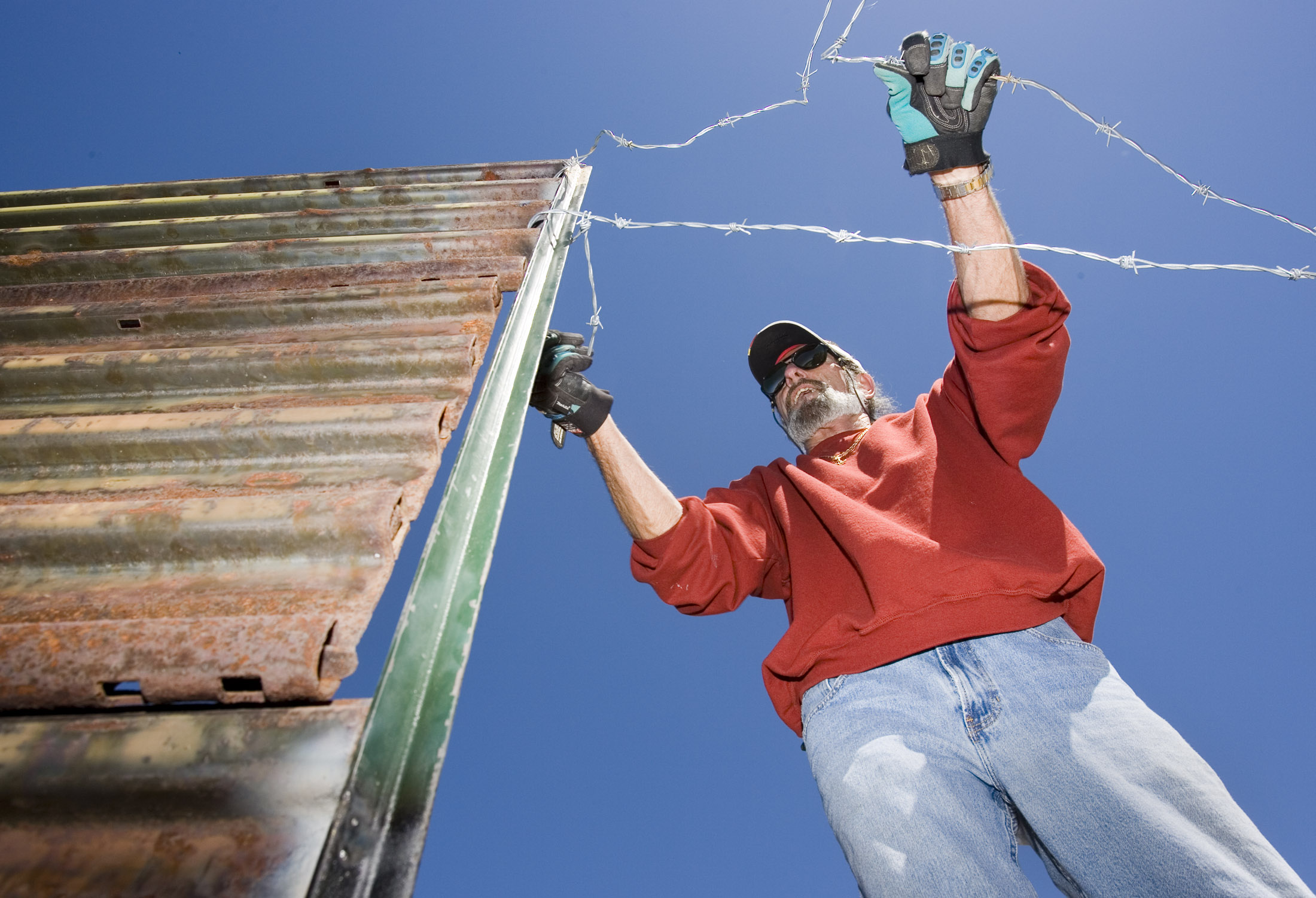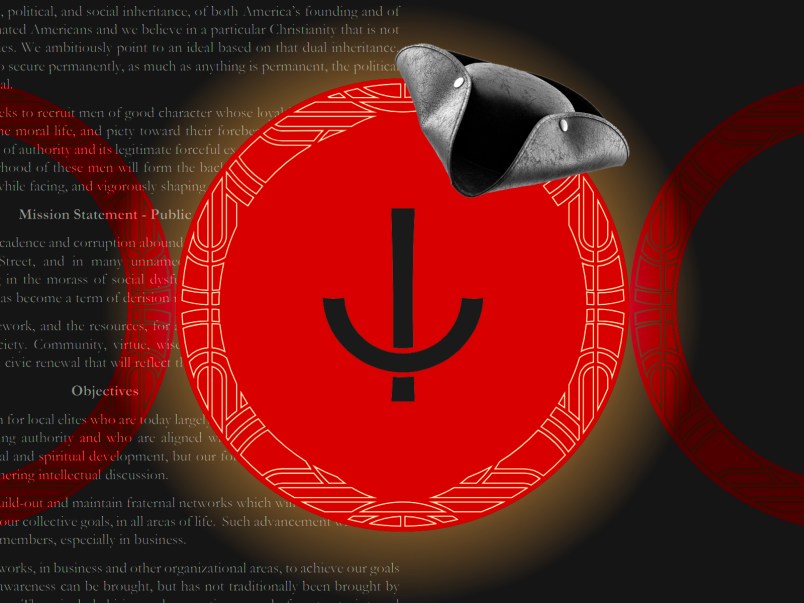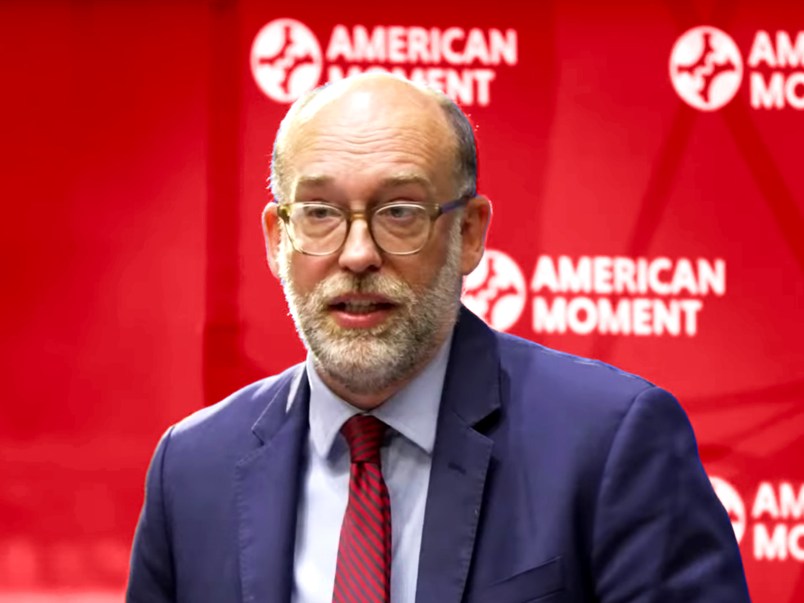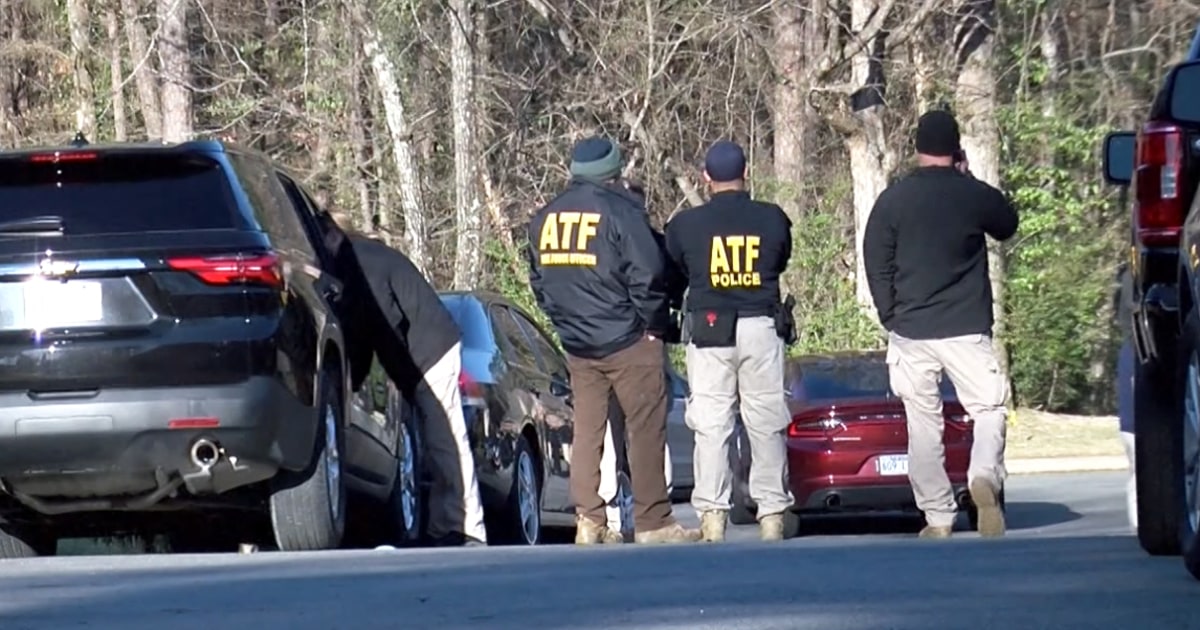About two-thirds of Americans reject or are skeptical about Christian nationalism despite its rising influence that's shaping education, immigration and health care policies, a new survey finds.
Why it matters: Some Republicans are openly expressing Christian nationalist views, which have ranged from calls for more religion in public schools to book bans and even suggestions that democracy should die.
- This once-fringe ideology has become prevalent in some deeply red states at a time when the nation overall is increasingly diverse and less religious.
Yes, but: In five deeply red states, at least 45% of respondents said they were adherents or sympathizers of Christian nationalism: North Dakota (50%), Mississippi (50%), Alabama (47%), West Virginia (47%) and Louisiana (46%).
- States with the highest levels of support for Christian nationalism form a horseshoe shape, starting in the upper Midwest, dipping down into the deep South, and then through the Appalachian Mountains.
- Majorities of two religious groups hold Christian nationalist beliefs: white evangelicals (66%) and Hispanic evangelicals (55%). Both groups are strong supporters of former President Trump, other polls have indicated.
- Many Christian nationalists believe the federal government should declare the U.S. a Christian nation.
- Many also believe U.S. laws should be based on Christian values and that God has called Christians to exercise dominion over all areas of American society.













